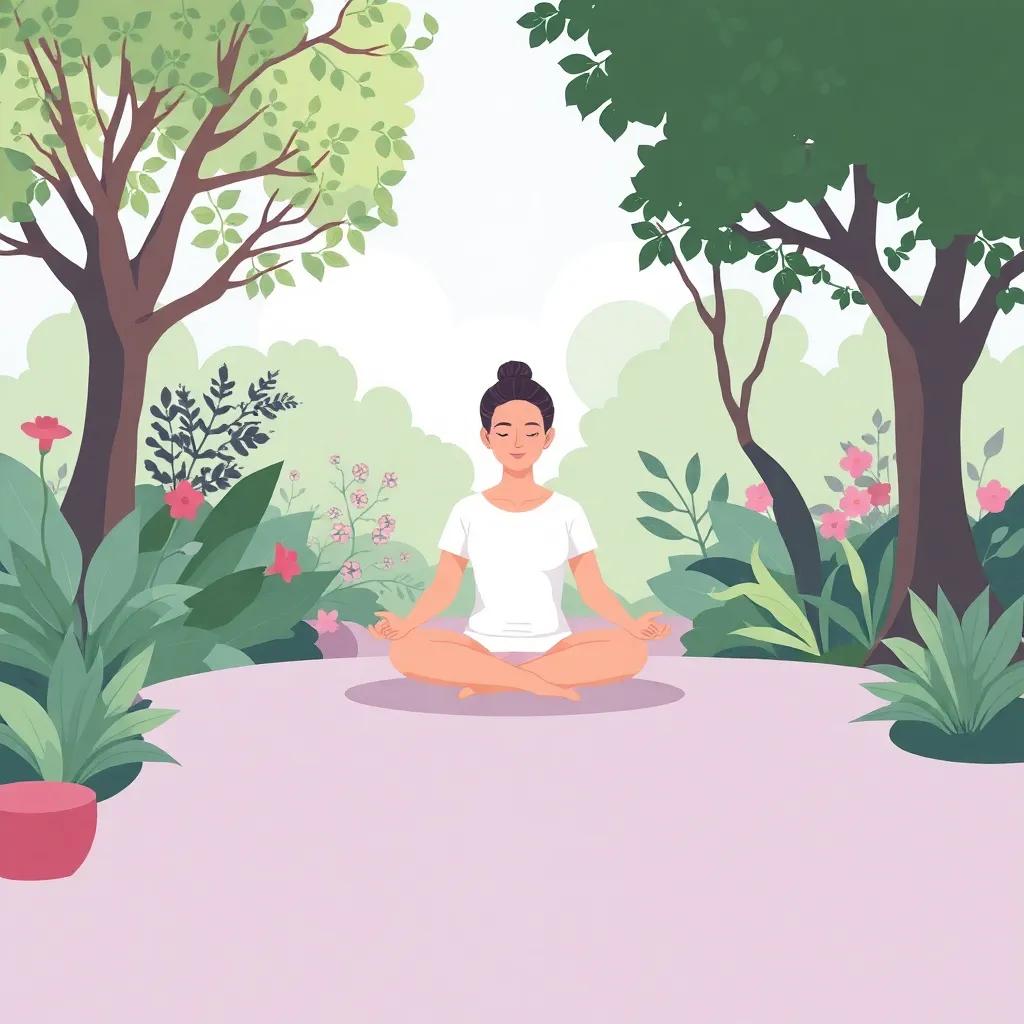Explore seven common meditation obstacles and discover actionable solutions to improve mental health.
Embrace your meditation journey by overcoming common struggles and enjoy its profound mental health benefits.
Introduction
Meditation is hailed as a powerful tool for mental well-being. Yet, many individuals encounter roadblocks that make it difficult to fully embrace its benefits. Despite potential hurdles, understanding these challenges and finding ways to work through them is crucial.
Restless Thoughts and Mind Wander
One of the most prevalent obstacles is a flurry of restless thoughts. According to the Calm Blog, it is common for the mind to wander, especially for beginners. Adopting a mindset where such occurrences are accepted rather than resisted can increase the effectiveness of meditation.
Physical Discomfort and Posture Problems
Sitting for prolonged periods can cause discomfort. Expert instructors recommend adjusting posture with aids such as cushions or chairs to alleviate this issue, allowing for a more focused mind.
Lack of Time
Finding time can be a hurdle. Implementing short, regular sessions rather than long, infrequent ones can help maintain a consistent practice. As Calm Blog notes, even a few minutes daily can offer significant benefits.
Unrealistic Expectations
Expecting immediate results can lead to frustration. It’s important to adopt a mindset of persistence over perfection. As noted by meditation instructors, the journey is a gradual process of personal growth.
Distractions from the Environment
Creating a designated peaceful space free from distractions can enhance focus. By cultivating such environments, individuals may find fewer interruptions during their practice.
Difficulty in Concentrating
Using guided meditations, music, or focused breathing techniques can provide much-needed structure. Emphasizing these aids can gradually build one’s ability to concentrate independently over time.
Perfectionism in Practice
Many individuals succumb to the pressure of perfect meditation sessions. Letting go of the perfect approach, as highlighted in the Calm Blog, fosters a more compassionate self-evaluation and leads to a more authentic practice.
Conclusion
Meditation is a rewarding journey that requires patience and acceptance. By approaching common challenges with understanding and accessible solutions, mental health benefits become more achievable, making meditation a sustainable component of a healthy lifestyle.




